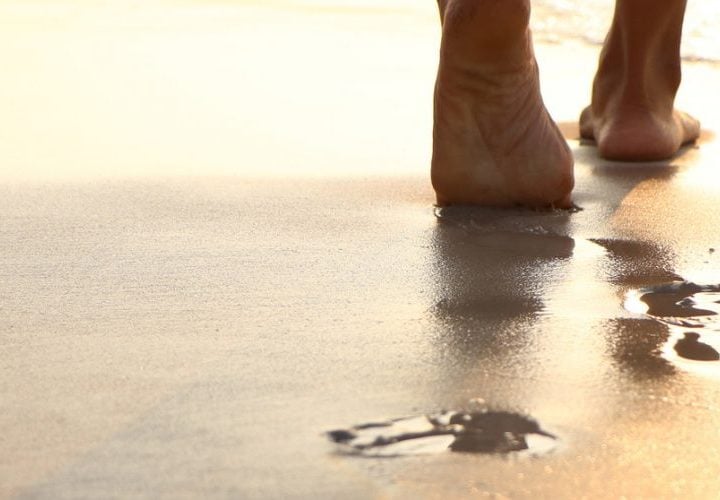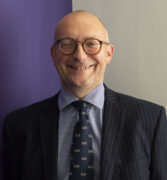The Independent Inquiry into Child Sexual Abuse (IICSA) was established in 2015 to address the failures of numerous institutions to protect children from child sex abuse.
The IICSA have released a report which criticises the head of the Roman Catholic Church, alleging that he has at times shown he cares more about the impact of abuse on the Church’s reputation than on the victims and has sometimes failed to demonstrate compassion. The report criticises both the leadership of Archbishop of Westminster, Cardinal Vincent Nichols, and the Vatican.
The inquiry found that between 1970 and 2015 the Church received more than 3,000 complaints of child sexual abuse against more than 900 individuals connected to the Church. These complaints involved more than 1,750 victims, though the report says that the true scale of abuse was much higher and would likely never be known.
Calls for Cardinal Nichols to resign
The report says that Cardinal Nichols “did not always exercise the leadership expected of a senior member of the Church, at times preferring to protect the reputation of the Roman Catholic Church in England and Wales and in Rome”. Adding that the cardinal has shown “no acknowledgement of any personal responsibility to lead or influence change … nor did he demonstrate compassion towards victims in the recent cases which we examined”.
A lawyer representing survivors of abuse has said that the cardinal “must go right away”. Cardinal Nichols said he has offered to resign on Sunday, upon turning 75, however, this was rejected by the Vatican.
The cardinal said in his evidence that the church was “deeply sorry this happened”.
Failure to act on recommendations
The inquiry found that more than 100 allegations of abuse had been reported each year since 2016, showing that child sexual abuse is “far from a solely historical issue”.
In 2016, internal correspondence between members of the Diocese of Westminster’s safeguarding commission described a victim of sexual abuse as “manipulative” and “needy”.
Two previous inquiries into abuse in the Church, one in 2001 by Lord Nolan and one in 2007 by Lady Cumberlege, had brought some change, however their recommendations had been implemented too slowly and not in full.
One of the “repeated failures” highlighted in the report was the case of serial paedophile Father James Robinson, who after complaints were first made about him in the 1980s was moved to another parish. He later fled to the US but was extradited back to the UK and convicted in 2010 of 21 sexual offences against four boys and jailed for 21 years.
The report also highlights that five people connected to the Catholic school Ampleforth College have been convicted or cautioned in relation to offences involving sexual activity with large numbers of children or offences concerning pornography. One of the five was Father Piers Grant-Ferris, who was moved to at least six other parishes after allegations of abuse came to light in 1975. In 2006 he was convicted of indecent assault against 15 boys.
Criticism of the Vatican
In 2019, Pope Francis called for “concrete and effective actions that involve everyone in the Church”. The IICSA have now criticised the Vatican for acting in “direct contrast with Pope Francis’s public statement on child sexual abuse”.
The Holy See did not provide a statement to the inquiry and the ambassador at the time refused to give evidence. The report said that this response “manifestly did not demonstrate a commitment to taking action” and the Holy See had “missed the opportunity to demonstrate its engagement and leadership on the issue of child sexual abuse.”
The Catholic Church’s “explicit moral purpose has been betrayed by those who sexually abused children, and by those who turned a blind eye and failed to take action against perpetrators”.
Here at Farleys, we have acted on numerous cases involving organisations such as the Church of England, the Catholic Church and the Jehovah’s Witnesses. In this type of abuse, priests are in a position of power, similar to sports coaches, scout leaders and teachers.
Survivors of abuse not only have to suffer what happened but for these organisations to cover it up takes even more of a toll. At Farleys, we have found it common that instead of addressing the problem, priests have simply been moved to other parishes around the country, and sometimes even abroad, which allows them to continue.
The report follows the publication of a similar inquiry into abuse in the Church of England and Wales, which concluded that the church had created a culture where abusers “could hide”. Ariella Jones, abuse law specialist at Farleys, discusses the report here.
If you or someone you know has been the victim of sexual abuse at the hands of a member of a religious institution, we are available to help and assist. Our dedicated team tirelessly supports hundreds of victims throughout the process, treating every case with the sensitivity, confidentiality and with the integrity that each deserves.
Call the team today on our dedicated abuse line on 0330 134 6430 or submit your enquiry online here.







